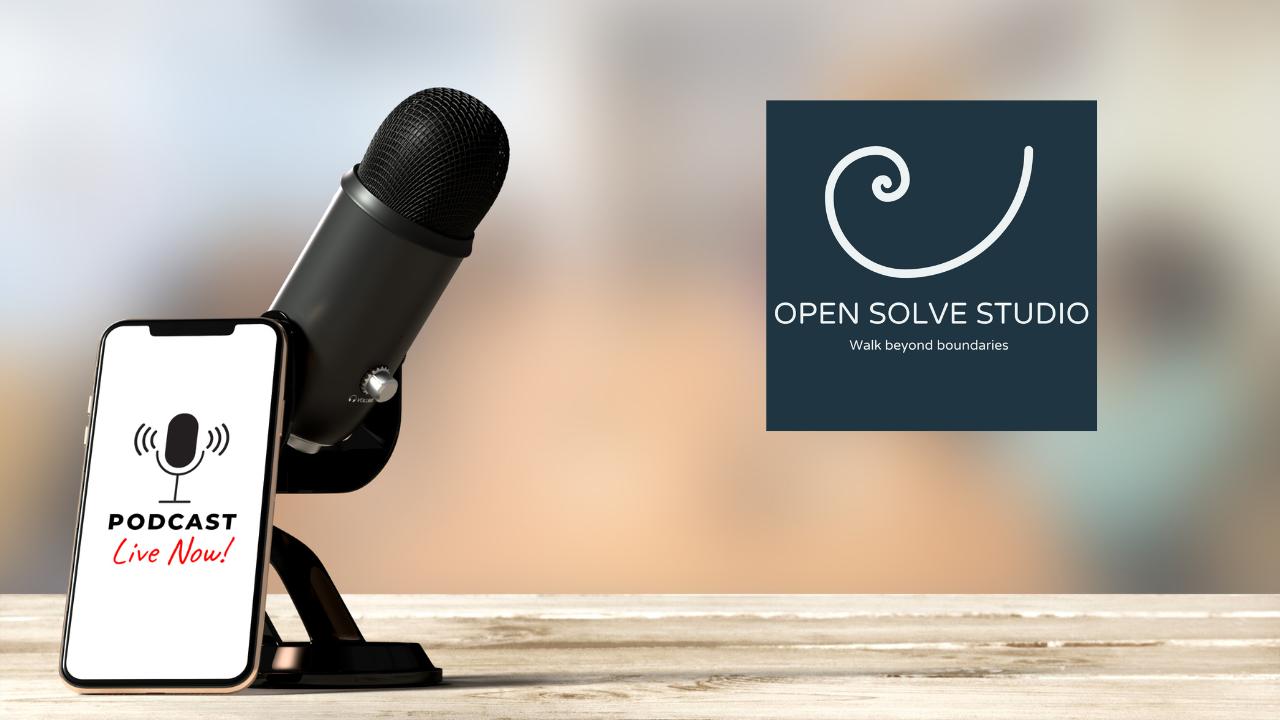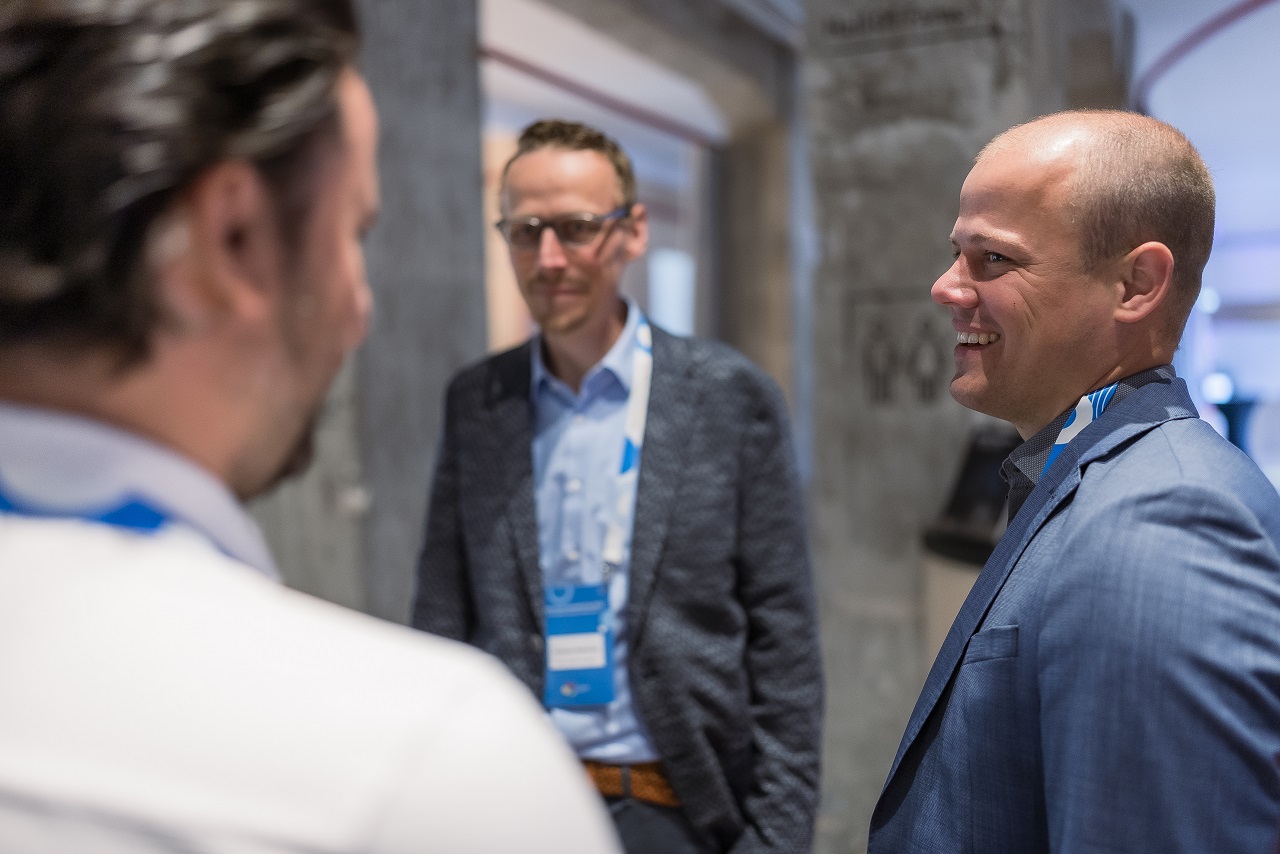Consignment notes are among the most frequently used documents in logistics, often still created and carried manually. Although eConsignments have been available for a long time, they are often not interoperable and therefore cannot be used consistently in digital supply chains. In addition, neither in national nor in cross-border road haulage a uniform layout has established. Therefore the Open Logistics Foundation has named the OS-eConsignment note (eCMR) as the first lighthouse project.
“It is important to us to start with applications like the digital consignment note that bring direct benefits to every company in the industry,” says Foundation Chairman Jochen Thewes, CEO of DB Schenker. The building blocks for the eCMR developed in the Foundation will provide a standard solution.
The open source eCMR is intended to enable the creation, storage, and further processing of digital consignment notes for both national and cross-border transport. “With the eCMR we want to ensure the consistent use of digital documents in supply chains,” says Andreas Nettsträter, CEO of Open Logistics Foundation. In perspective, a so-called eFreightfolder is to be developed – a digital folder in which further digital shipping documents such as hazardous goods documents, packing lists, certificates or pallet and weighing certificates slips can be stored.
Working Group established
In the meantime, the working group “Electronic Transport Documents” has been constituted. It initially focuses on the topic of eCMR. In the Foundation´s working groups, the logistical applications for projects are defined. Also, workings groups give requirements to the developers. A working group can initiate several projects on one overarching theme. The working group accompanies and supervises the projects until they are implemented.
The coordination of the working group “Electronic Transport Documents” is done by Ingo Müller from Dachser: “The working group is very motivated and has a high dynamic. Due to the diversity of the companies involved, we can look at the requirements and implementations from many angles. Since we are working opensource, our progress is always available for everyone to see in the repository of the Open Logistics Foundation.”
Andreas Nettsträter, Managing Director of the Open Logistics Foundation, is convinced that the results will have a major impact on the entire industry: “Transport is the backbone of logistics and supply chain management. That’s why the open source solutions regarding the eCMR are an enabler for numerous other digital logistics processes. Digital automatic payment processes, for example, are only possible if the necessary digital data can be accessed.”
Frontrunners of the open source eCMR
- Ingo Müller representing Dachser
- Jens Wiegert and Alja Ladinek representing Markant Gruppe
- Andreas Micke and Oliver Puethe representing GS1 Germany GmbH
- Vincent Z. representing DB Schenker
- Hendrik Gunkel representing duisport – Duisburger Hagen AG
- Jonas Kassan representing Rhenus Logistics
- Michael Schmidt, Maximilian Schellert and Patrick Becker representing Fraunhofer IML
If you want to participate, please contact Andreas Nettsträter, Managing Director of the Open Logistics Foundation.




